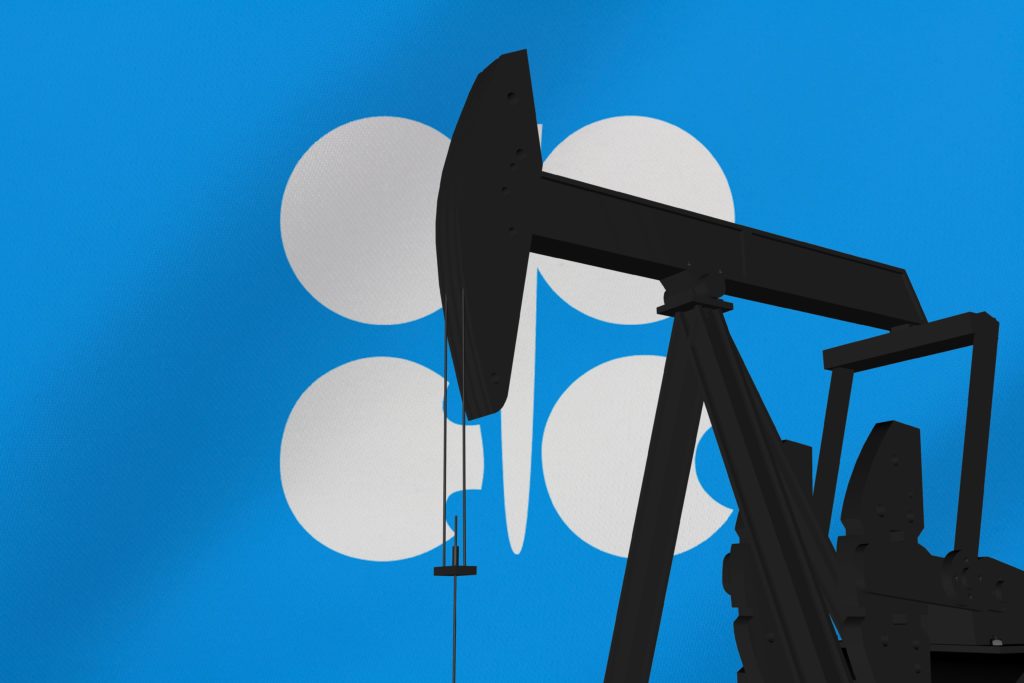Members of the OPEC+ group oil-producing nations decided to increase oil production by a further 400,000 barrels per day (bpd) from November 1.
As the COVID-19 pandemic disrupted production as well as demand for oil, OPEC+, a group of the Organisation of the Petroleum Exporting Countries (OPEC) and allied producers of which Azerbaijan is a member, cut output by a little more than 7 million bpd to support prices and reduce oversupply. Other former Soviet oil-producing countries, Russia and Kazakhstan, are also OPEC+ members.
In April 2021, members of the group agreed to ease cuts gradually by 350,000 bpd in May, another 350,000 bpd in June and around 450,000 bpd in July.
In July, OPEC+ ministers decided to increase total production from August by 400,000 bpd every month and later by another 400,000 bpd from October. It has been made amid a rising number of COVID-19 infections across the world and firm prices on oil markets.
The new deal envisages a further increase by another 400,000 bpd “until the parties agree to lift the restrictions”.
OPEC+ does not supply more oil to the market than was planned due to accidents and repairs in a number of countries. Therefore, in August the deal was executed by 119 percent, in September – by 115 percent, that is, the market delivered less by 1 million bpd and 700,000 bpd less than planned.
In Azerbaijan, oil production was at 586,200 bpd in September, below the country’s quota under OPEC+ commitments at 634,000 bpd and from 596,100 bpd produced in August. Production of oil and gas condensate was 703,100 bpd.
In October, the country was supposed to be 647,000 bpd. The Energy Ministry has not released output figures for the previous month yet.
Kazakhstan, another member of the OPEC+ group, is set to increase oil production to 1.524 million bpd in October, up from 1.508 bpd in September.

